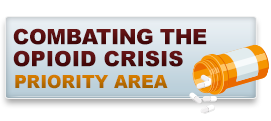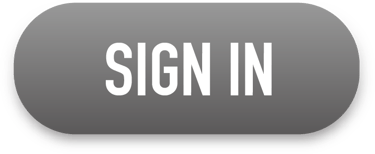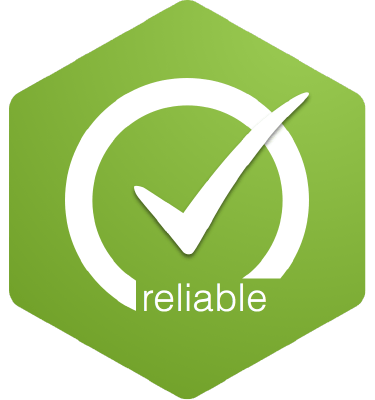
Who We Are
Our Controlled Drugs Prescription Policy
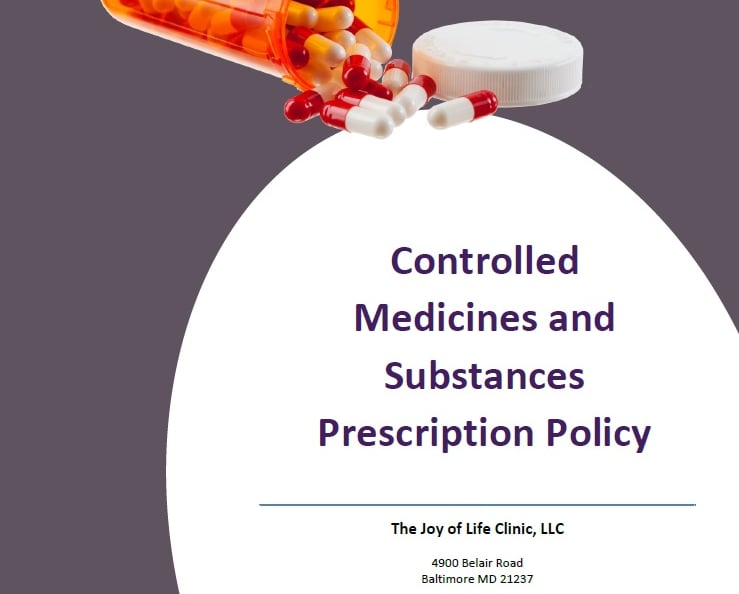

Schedule I Drugs
Schedule I drugs, substances or chemicals are defined as drugs with no currently accepted medical use.
Potential for abuse: HIGH
Some examples of Schedule I drugs are:
Marijuana (cannabis)
Heroin
Lysergic acid diethylamide (LSD)
3,4-methylenedioxymethamphetamine (ecstasy)
Methaqualone
Peyote
The above list is not exhaustive. There are numerous other substances that fall or could fall under Schedule I.
Our policy regarding Schedule I Drugs:
Per regulation, WE DO NOT prescribe, dispense, or administer these Schedule I drugs.
Possible side effects of Some Schedule I Drugs and Substances:
Here are some of the side effects associated with a few Schedule I drugs:
Marijuana (Cannabis): Short-term effects can include altered senses, mood changes, impaired body movement, difficulty with thinking and problem-solving, and impaired memory. Long-term use can lead to addiction, altered brain development, and respiratory issues if smoked.
Heroin: Side effects can include intense euphoria, dry mouth, a warm flushing of the skin, heavy feeling in the arms and legs, nausea and vomiting, severe itching, and clouded mental functioning. Long-term use can lead to insomnia, collapsed veins, infection of the heart lining and valves, abscesses, and lung complications.
Lysergic Acid Diethylamide (LSD): LSD can cause hallucinations, altered sounds, anxiety, depression, rapid heart rate, increased body temperature, and tremors. Long-term use can lead to persistent psychosis and a condition known as hallucinogen persisting perception disorder (HPPD), where the person continues to have experiences of altered vision and feelings.
3,4-Methylenedioxymethamphetamine (Ecstasy or MDMA): Common side effects include nausea, chills, sweating, teeth clenching, muscle cramping, and blurred vision. MDMA can also cause confusion, sleep problems, drug craving, and severe anxiety. It has been linked to long-term damage to those parts of the brain critical to thought and memory.
Methaqualone (Quaalude): Side effects include euphoria, drowsiness, reduced heart rate, reduced respiration rate, increased sexual arousal, and seizures. Its use can also lead to coma or death, especially when mixed with alcohol.
Peyote (contains Mescaline): Use can lead to hallucinations, altered perceptions of space and time, nausea, increased body temperature, sweating, increased heart rate, and an altered sense of self.
.
Again, the legal and health risks associated with Schedule I drugs are significant due to their high potential for abuse and lack of recognized medical benefits.
The landscape of marijuana is rapidly changing, with national movements pushing for its legalization and its medical use showing remarkable outcomes in a host of treatments. Also, there's a growing perception that marijuana transcends the traditional label of a "drug" and is viewed instead as a beneficial ally in medical therapy and even for recreational use.
Despite these shifting attitudes and the positive embrace of medical marijuana, it's essential for our patients to understand our critical regulatory reality. Under DEA guidelines, we remain restricted from prescribing, dispensing, or administering any substance listed as a Schedule I drug, which includes marijuana. This legal boundary shapes our practice and the services we can offer, even amidst evolving societal and medical perspectives.
So, under DEA guidelines, we are unable to prescribe, dispense, or administer marijuana (or cannabis or its other names).
Our Prescription Drug Monitoring Policy
Our policy follows the CDC's PDMP guidelines to reduce the risk of drug overdose.
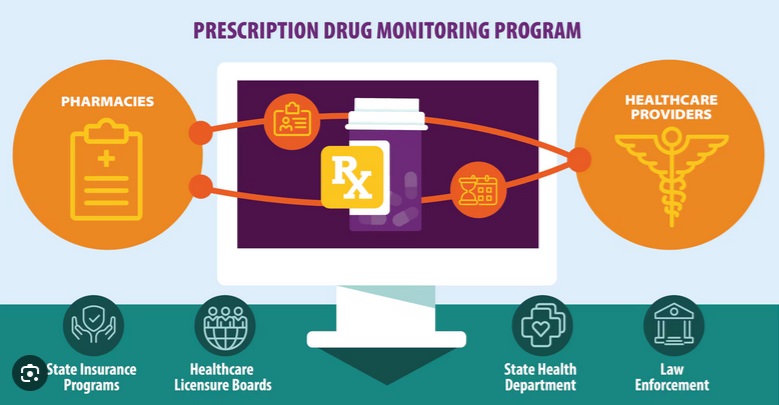


Psychiatric evaluation and management
Other psychiatric and mental health reports.
Substance Abuse
We also provide these administrative services
Here're addiction problems we treat
Other nutrition and weight management services.
And we provide nutrition and weight management services to make your well-being even more complete
Don't let life's challenges define you—or your loved one—we are here to help you overcome and thrive!
Here're psychosocial and psychosomatic issues we treat
We operate under the laws and regulations of the State of Maryland as a Maryland outpatient clinic.

Home | About Us | Our Services | Blog | Terms & Conditions | Privacy | Telehealth | Forms & Resources | Appointments | Log In | Site Map | Contact Us
BY APPOINTMENT ONLY | NO WALK-IN
BEST WAY TO CONTACT US
Sign In to your account or Fill out the Contact Form or Appointment Form
or
Send us an Email at admin@jolclinic.com
Tel: (410) 231-3118 | Fax: (410) 262-6911
PATIENT RECORDS
To request your patient records, please sign in or go to the patient records information page.
Copyright © 2024 by the Joy of Life Clinic LLC.
4900 Belair Road
Baltimore MD 21206









